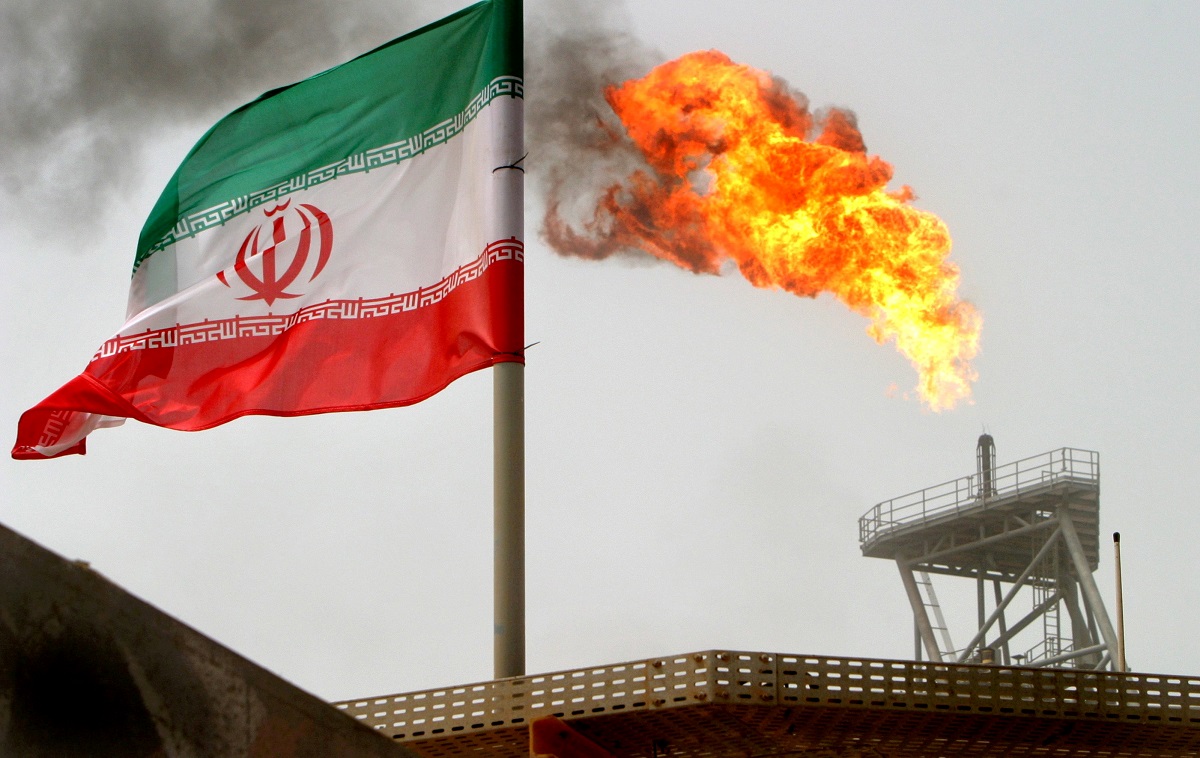ARTICLE AD BOX

Despite the disappointing outcome of the 2024 men’s Euros final for England, it’s a relief that none of the team’s ethnic minority players could easily be targeted for the result. However, the horrific racist abuse experienced by three of England’s star players following a failed penalty shootout in the Euro 2020 final against Italy – Bukayo Saka, Jadon Sancho and Marcus Rashford – is still fresh in many people’s minds.
Despite the outcry that followed, and many fans rallying behind the players, racial discrimination and abuse remain rife throughout men’s football. For example, newspapers recently used images of Saka as the face of England’s recent defeat to Iceland, and a fan was convicted of shouting racist abuse in a English League One match.
Following these examples, and the racist abuse that one of us (Kolawole Osinnowo) has experienced throughout their time in football, we wanted to explore the longer-term impacts of such abuse on players from ethnically diverse communities. We specifically wanted to better understand the racial trauma brought on by this abuse.
Surprisingly, there has been very little research undertaken in racial trauma and sport. Our literature review found only six journal articles, which were largely focused on the US collegiate system, for example two on American Football, three studies on athletics and one for those in athletics, swimming and diving.
Although college sport is an important part of the US sporting landscape, it was surprising to see no research in other global sports, like football. As such, we spoke to eight current and former professional and semi-professional male footballers in England, from a variety of ethnically diverse backgrounds, to understand the trauma caused by racial abuse they’d experienced.
The themes developed in our ongoing research largely mirror those in the US collegiate system, highlighting some really stark trauma from racist abuse. This includes suicidal thoughts, early retirement and loss of identity. This racial abuse ranged from overt incidents during games, to online abuse and stereotyping. We found that it had a negative impact not just on players’ mental health, but also their careers.
One of the main reported consequences of racially traumatic experiences is psychological distress. This includes a range of intense and debilitating emotions, such as anxiety, fear, disappointment, sadness and exhaustion.
Bukayo Saka released a statement following the racist reaction to England’s loss in Euro 2020. He said that there is “no room for racism or hate of any kind in football”, insisting he would not let “the negativity I’ve received this week break me”. He also encouraged fans to report racist comments to the police.
The existing research, and our own, has identified that players often avoided triggers or situations that perpetuated upsetting thoughts and emotions. For example, in our study two former players said that they retired early from professional football due to the traumatic toll of racial abuse. This emphasises not only the psychological aspect of racial trauma, but also the impact on players’ livelihoods.
There have been numerous different coping mechanisms recognised in the existing research on racial trauma in sport. For example, some athletes felt that confiding in people within their own communities – both within and beyond sport – helped, as there was a lack of trust in those from outside. This lack of trust may result in players feeling uncomfortable to seek professional psychological support.
Our participants reported feeling embarrassed, angry or ashamed of being a victim of this abuse. This often results in harmful coping mechanisms. Some participants have suggested that racial trauma led to substance or alcohol abuse. Others explained that to protect themselves from abuse they developed an ego – but this started to have a negative impact on how they were perceived by coaches and management staff. This is another example of racial trauma negatively affecting their career as well as their mental health.
Navigating white spaces
Previous research suggested that players felt an expectation to follow white cultural norms in sport. Our research has also found this, but uncovered more upsetting stories too.
One participant called up to represent England questioned why he still felt like an outsider, and why others felt they could still treat him differently when they were all representing their country. Another stated that racial incidents over long periods in football led him to dislike his blackness. He started to straighten his hair, use lightening cream and changed the way he spoke to “fit in” to the traditional white spaces in football.
He felt this led to a loss of identity, and he attempted to take his own life, as he felt he no longer knew who he was. These really evocative experiences bring to life the seriously traumatic impacts of racial abuse.
As highlighted in our ongoing research, racial trauma in sport can have devastating and long-term consequences for victims, but has had little consideration from football researchers or policymakers. A number of our participants have been retired for quite a while, but the trauma is still present during interviews. This highlights the long-term impact of such abuse.
In terms of practical next steps, our participants felt that until there’s better representation in boardrooms and point deductions for teams whose players are guilty of racial incidents, then little will change. Previous research has demonstrated the importance in boardroom diversity, so we add our voices to this call. More research is also needed in other fields, like women’s football.
As one of our research participants put it: “There’s such a support network around anxiety and mental health … I just wish the same energy would be put towards trauma.”

Looking for something good? Cut through the noise with a carefully curated selection of the latest releases, live events and exhibitions, straight to your inbox every fortnight, on Fridays. Sign up here.![]()
Kolawole Osinnowo, Trainee Clinical Psychologist, University of Hertfordshire; Claire Jenkin, Senior Lecturer in Sports Development, University of Hertfordshire, and Matt Jewiss, Senior Lecturer in Sport and Exercise Science (Sport Psychology), Anglia Ruskin University
This article is republished from The Conversation under a Creative Commons license. Read the original article.
.png)
 4 months ago
4
4 months ago
4








 English (US)
English (US)